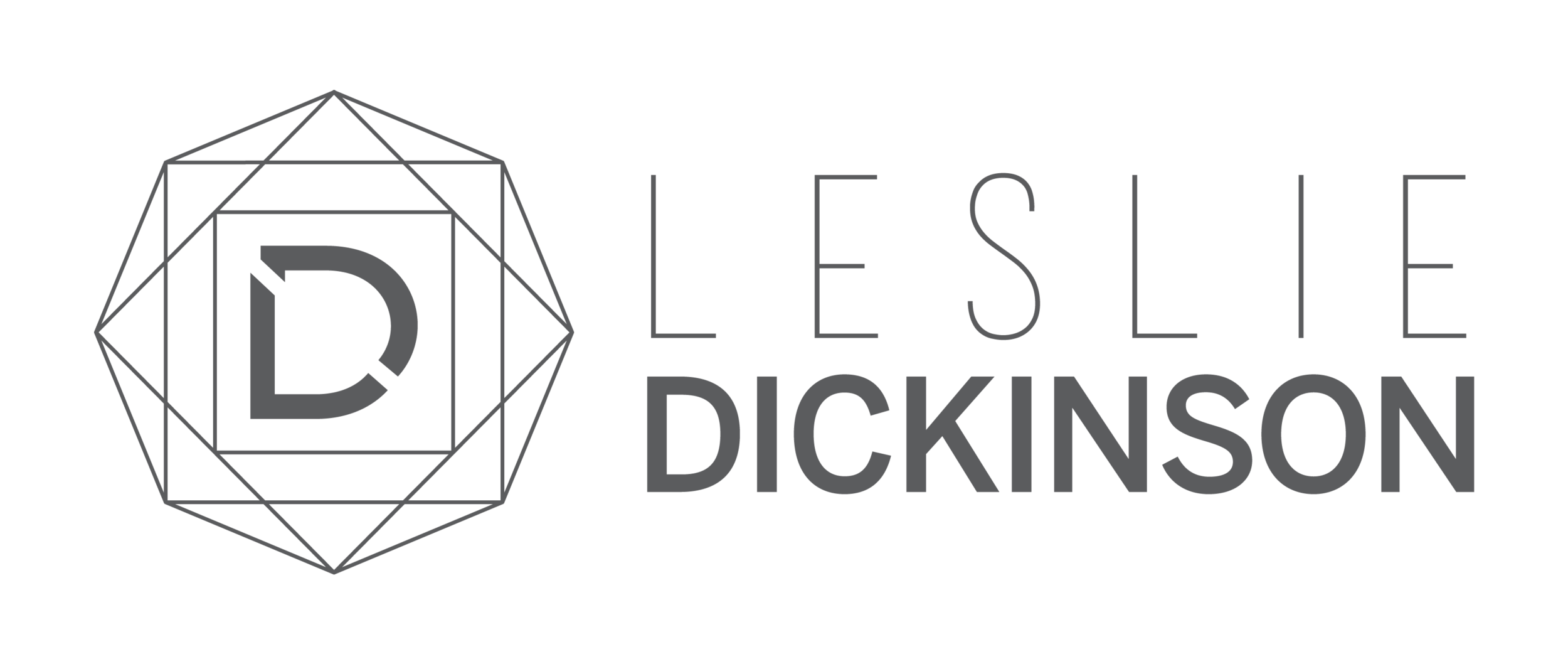A Look at Top Trends from the “Emerging Trends in Real Estate” Report
Following the release of the most recent “Emerging Trends in Real Estate” report, Curbed put together a list of “The 10 top emerging trends that will shape real estate in 2018,” from demographic and economic considerations to the lack of inventory and workplace of the future. In response to the article, I have put together a list of questions generated by the article that will be key to consider as we say goodbye to 2017.
1. Do we need to worry about a bubble?
Though some have expressed concern over monumental home price gains, the general consensus is that “the immediate future may resemble a smooth-glide path as opposed to a nose dive.” Factors bolstering this viewpoint are strong economic growth and low unemployment rates, which are contributing to a more balanced market.
2. How do millennials and baby boomers fit into the equation?
The discussion will gradually shift to one of Generation Z (those born in 1995 to 2001), though they will experience similar conditions to those of millennials as they entered the market: “loaded with debt and preferring a more urban lifestyle.” They will likely impact the retail segment long before the housing market feels their effects, and what’s more, is they may not prefer the housing options once coveted by earlier generations. Baby boomers, or the “silver tsunami” as Curbed describes them, will be looking to sell larger residences that may not be what first-time buyers are looking for.
3. Is it just primary markets that are growing quickly?
Not according to the report, which says growth in secondary markets is actually giving primary cities a run for their money. Reasons include better-educated investors, more flexible opportunities for development, and an influx of foreign capital, among others. Take the Emerald City for example, as “the report’s predictions for the hottest markets of 2018 favored many secondary markets, with Seattle surging on Amazon-backed growth to a top ranking.”
4. How will technology continue to shape our homes?
Whether it is 3D printed materials or finding solutions to labor shortages, “new technologies, and the efficiency, progressive workflows, construction automation, and processes they can bring, will be embraced by the industry” as affordability and building solutions come to the forefront.
5. What kind of tax reforms may impact the industry?
Curbed says that despite a long road before real estate taxes may come to fruition, “the proposed overhaul has numerous potential impacts on the real estate world.” Examples of change include the elimination of low-income housing tax credits, altering investment amortization, and removing the 1031 tax-free exchange program. If adopted, each of these initiatives “would add disruptions and numerous potential ripple effects.”
For more on the “Emerging Trends in Real Estate” Report and Curbed’s top 10 trends, read the full article here.
